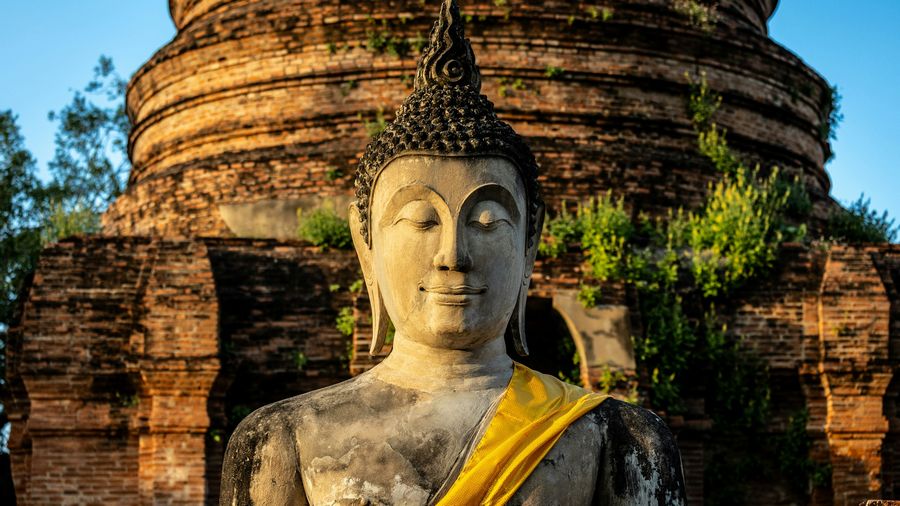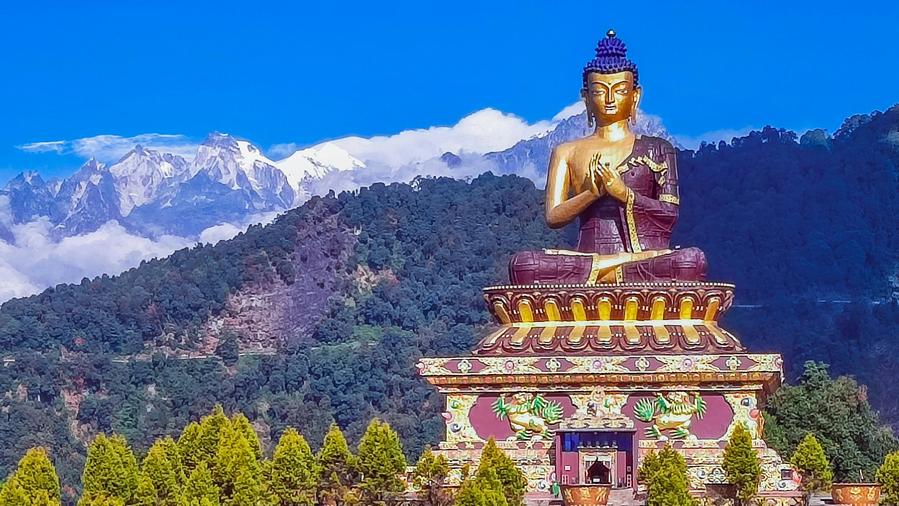“Mendicants, there are these six topics for recollection. What six?
Firstly, a noble disciple recollects the Realized One: ‘That Blessed One is perfected, a fully awakened Buddha, accomplished in knowledge and conduct, holy, knower of the world, supreme guide for those who wish to train, teacher of gods and humans, awakened, blessed.’ When a noble disciple recollects the Realized One their mind is not full of greed, hate, and delusion. At that time their mind is unswerving. They’ve left behind greed; they’re free of it and have risen above it. ‘Greed’ is a term for the five kinds of sensual stimulation. Relying on this, some sentient beings are purified in this way.…
Read the entire translation of Aṅguttara Nikāya 6.25 Anussatiṭṭhānasutta: Topics for Recollection by Bhikkhu Sujato on SuttaCentral.net. Or listen on SC-Voice.net. Or explore the Pali on DigitalPaliReader.online.
Or read a translation in Deutsch, বাংলা, Español, Bahasa Indonesia, 日本語, မြန်မာဘာသာ, Русский, සිංහල, ไทย, Tiếng Việt, or 汉语. Learn how to find your language.




